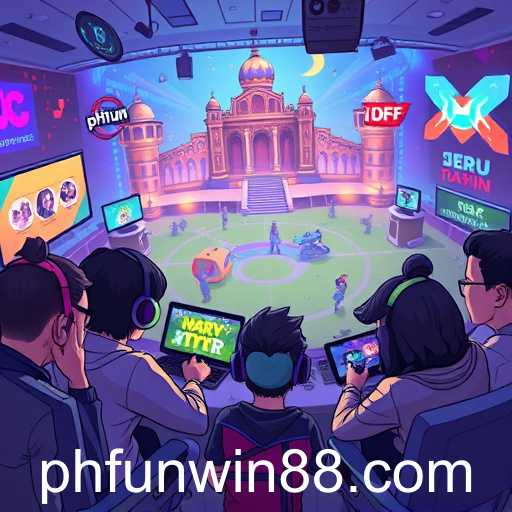In recent years, the influence of online gaming communities has grown exponentially, reshaping the way individuals interact and consume entertainment. One platform that has captured the attention of gamers worldwide is 'phfun,' a hub for enthusiasts seeking to immerse themselves in vibrant virtual realms.
As 2025 unfolds, 'phfun' exemplifies the dynamic nature of digital interaction. This English-language game website has become a cultural cornerstone, bringing together players from diverse backgrounds. Its appeal lies in the unique blend of competition and community engagement, where gamers can connect, collaborate, and compete in a diverse array of virtual worlds.
The rise of platforms like 'phfun' has not only impacted how we play but also how we communicate. Virtual communities foster a sense of belonging among players, creating bonds that transcend geographical boundaries. In many cases, these digital connections have evolved into real-life friendships, underscoring the profound impact of gaming on modern social dynamics.
Beyond social interactions, 'phfun' and similar platforms have significantly influenced entertainment consumption habits. The accessibility of online games and their communities has shifted the traditional entertainment paradigm, drawing users away from conventional media and into engaging interactive experiences. This shift highlights the growing importance of technology in shaping the future of entertainment.
However, the rapid growth of online gaming also presents challenges. Issues such as cybersecurity threats, inclusivity, and the potential for addictive behavior are crucial considerations for platforms like 'phfun.' As the gaming community continues to expand, developers and users alike must navigate these challenges to ensure a safe and inclusive environment for all participants.
In conclusion, the emergence of 'phfun' and other online gaming communities signifies a transformative shift in the landscape of social interaction and entertainment. As technology continues to evolve, the role of these platforms in facilitating connection and engagement will undoubtedly become even more pronounced, reflecting broader societal trends toward digital integration.








